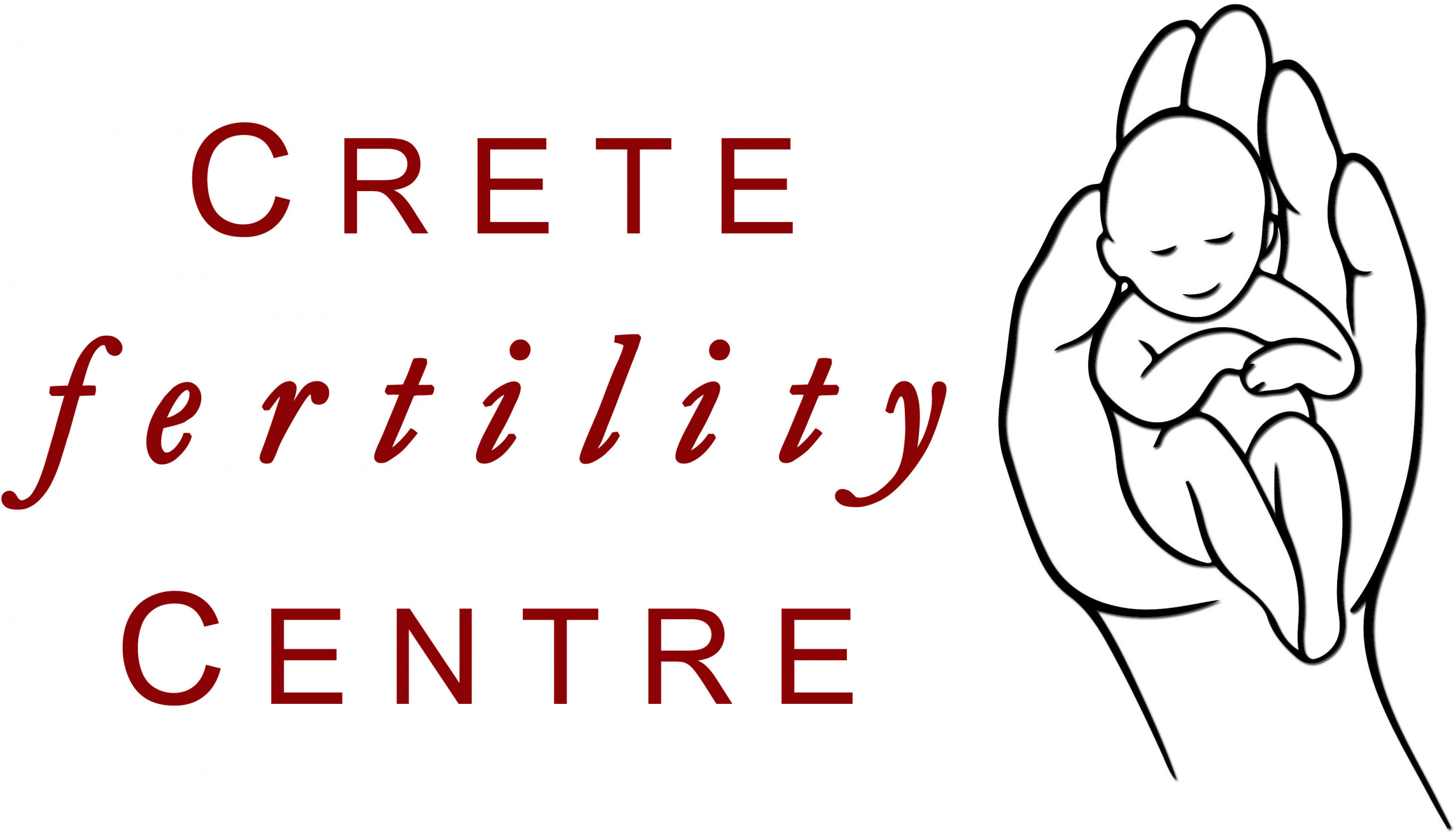The role of oxidative stress in ovarian aging – A new study

Ovarian aging refers to the process by which ovarian function declines until eventual failure. An interesting review regarding ovarian aging has recently published by Yan, F. et al.
Summary
The study claims that the pathogenesis of ovarian aging is complex and diverse. Oxidative Stress is considered to be a key factor. This review focuses on the fact that Oxidative Stress status accelerates the ovarian aging process by promoting apoptosis, inflammation, mitochondrial damage, telomere shortening and biomacromolecular damage. Current evidence suggests that aging, smoking, high-sugar diets, pressure, superovulation, chemotherapeutic agents and industrial pollutants can be factors that accelerate ovarian aging by exacerbating OS status. The scientists also explore the role of antioxidant therapies such as melatonin, vitamins, stem cell therapies, antioxidant monomers and Traditional Chinese Medicine (TCM), and investigate the roles of these supplements with respect to the reduction of Oxidative Stress and the improvement of ovarian function. This review provides a rationale for antioxidant therapy to improve ovarian aging.
Future directions of Ovarian Aging issue
The role and mechanisms of Oxidative Stress in ovarian aging have been extensively studied. Multiple factors, such as aging, smoking, and high sugar diets, can promote an Oxidative Stress state in the body; these factors could further accelerate ovarian aging via several key mechanisms, including apoptosis, increased inflammation and mitochondrial damage. The regulation of signaling pathways play important roles in ovarian Oxidative Stress damage. Related antioxidants, such as melatonin and vitamin E, could improve OS status to restore ovarian function and therefore have potential clinical applications. There are still several aspects that need to be studied in the future:
- multiple proteins and pathways are involved in the regulation of OS; the regulatory networks and key mechanisms of OS in ovarian aging still need to be studied in depth.
- the majority of OS-related studies have focused on in vivo and in vitro experiments. Further extension of these findings to clinical trials is needed to explore the safety and efficacy of antioxidant therapies.
- antioxidant therapy has been initially proven to improve the quality of oocytes in vitro; further studies are now needed to determine whether it can improve pregnancy outcomes in patients undergoing Assisted Reproduction Techniques.
Source: Yan, F., Zhao, Q., Li, Y. et al. The role of oxidative stress in ovarian aging: a review. J Ovarian Res 15, 100 (2022). https://doi.org/10.1186/s13048-022-01032-x




